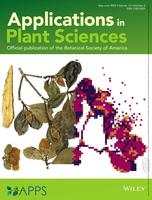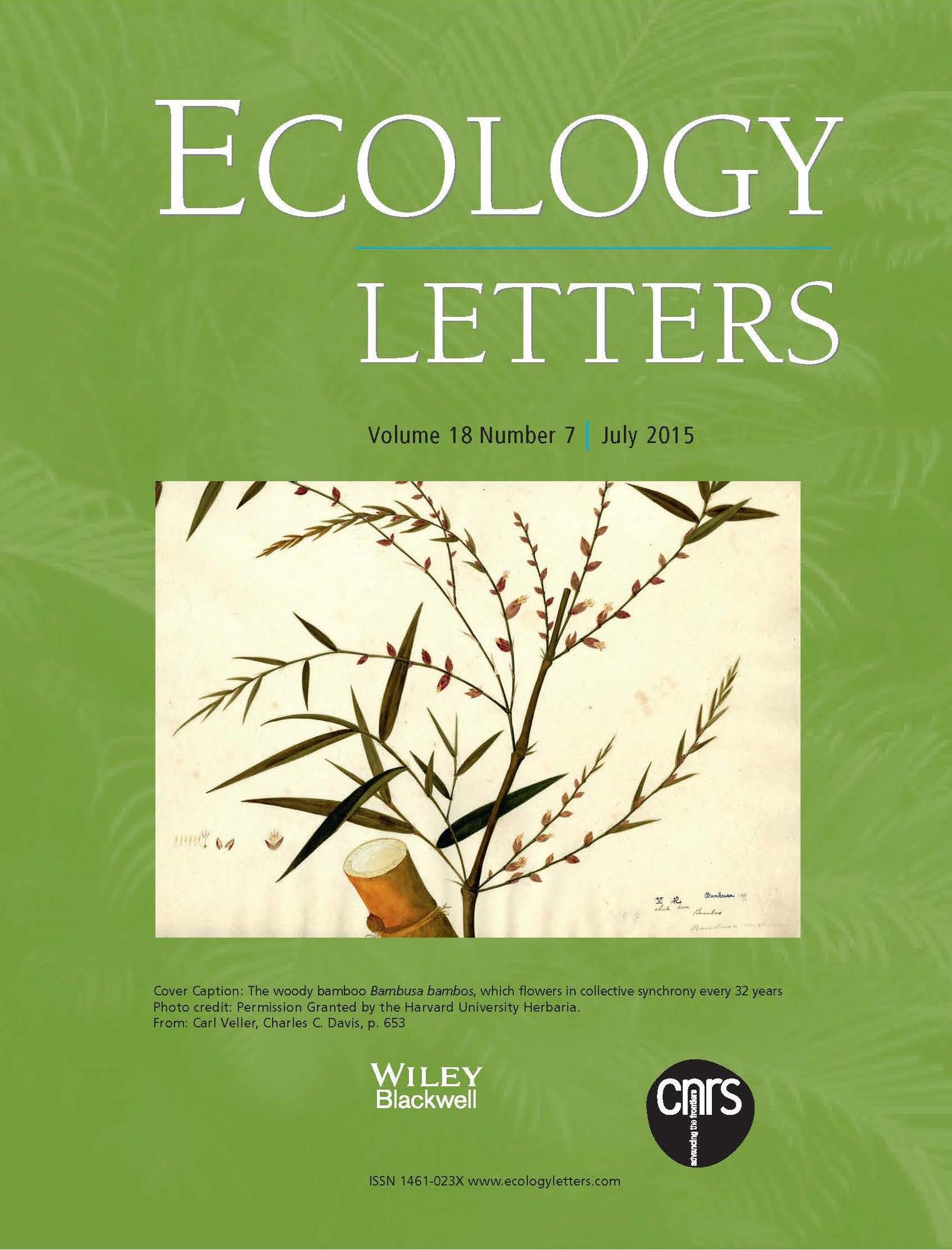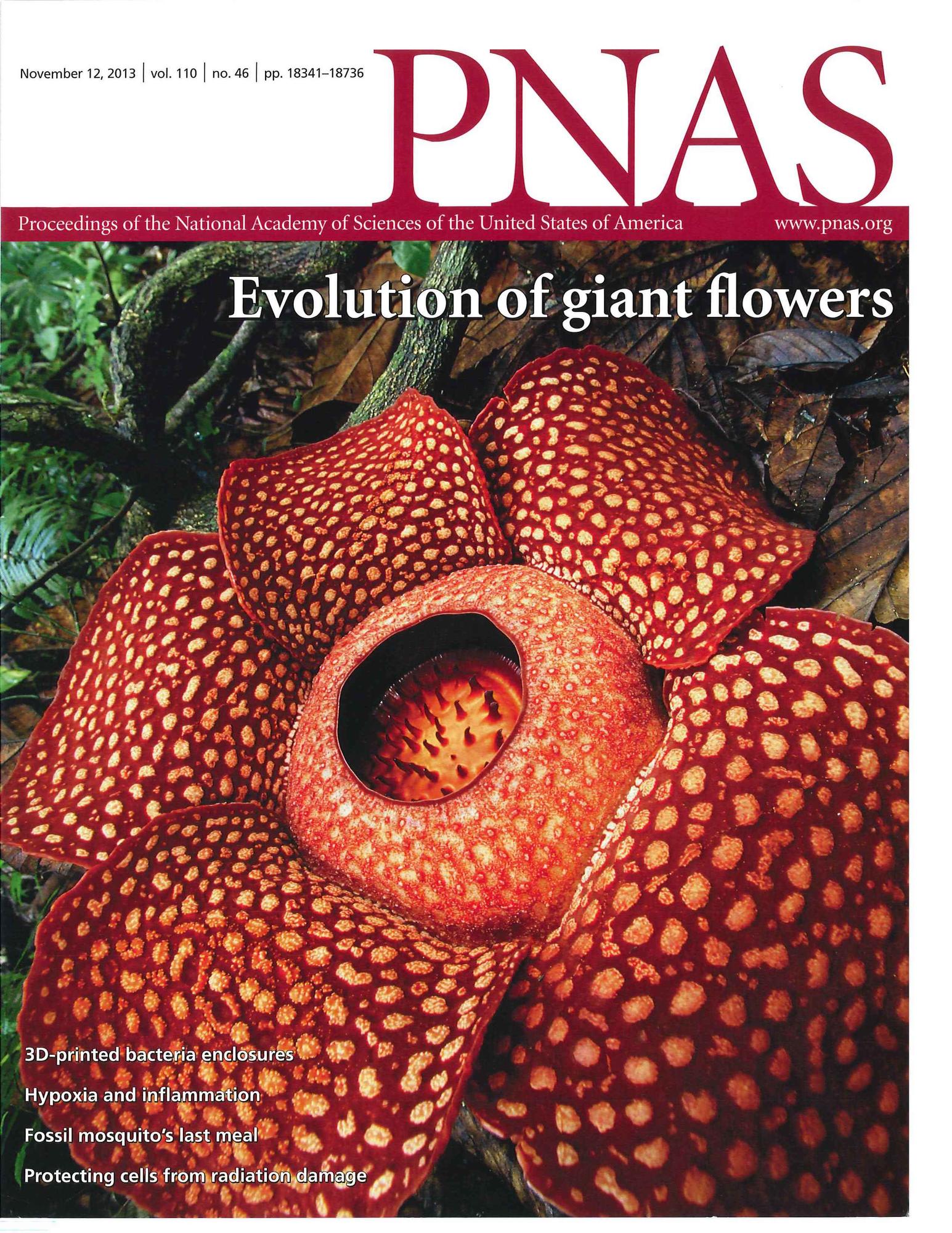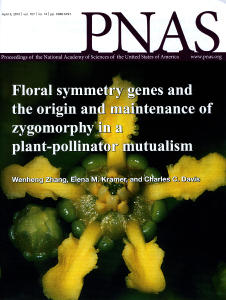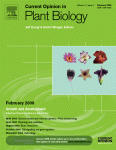Citation:
Williams. Alex C., Joslin Goh, Charlie G. Willis, Aaron M. Ellison, James H. Brusuelas, Charles C. Davis, and Edith Law. 10/26/2017. “Deja Vu: Characterizing Worker Reliability Using Task Consistency.” In Association for the Advancement of Artificial IntelligenceI Conference on Human Computation and Crowdsourcing . Québec City, Québec, Canada: The AAAI Press, Palo Alto, California. Publisher's Version
| 2.24 MB |
Abstract:
Consistency is a practical metric that evaluates an instrument’s reliability based on its ability to yield the same output when repeatedly given a particular input. Despite its broad usage, little is understood about the feasibility of using consistency as a measure of worker reliability in crowdwork. In this paper, we explore the viability of measuring a worker’s reliability by their ability to conform to themselves. We introduce and describe Deja Vu, a mechanism for dynamically generating task queues with consistency probes to measure the consistency of workers who repeat the same task twice. We present a study that utilizes Deja Vu to examine how generic characteristics of the duplicate task — such as placement, difficulty, and transformation — affect a workers task consistency in the context of two unique object detection tasks. Our findings provide insight into the design and use of consistency-based reliability metrics.See also: 2016-2020

